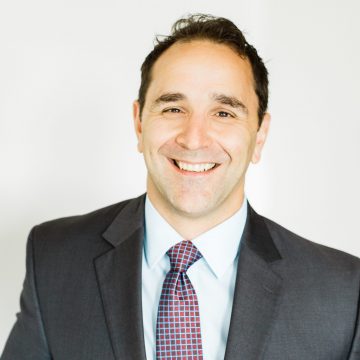
It is difficult to see loved ones struggle with their mental health. It is even more difficult for the parents of a minor child who needs mental health care to celebrate the child’s eighteenth birthday because the parents lose the legal authority to obtain mental health services for the now adult child. Fortunately, the Franklin County Probate Court has developed a program allowing parents, or loved ones, of an adult with mental health care needs to establish a confidential guardianship for the adult that safeguards the ability of a parent or loved one to remain involved in the mental health care of the individual with mental health care needs. The program is called limited guardianship for mental health care purposes and is a court ordered limited guardianship established under O.R.C. 2111.02(B)(1).
The Ohio limited guardianship statute provides that if a court finds it to be in the best interest of an individual, the court may appoint a limited guardian with specific limited powers. The individual for whom a limited guardian has been appointed retains all of the individual’s rights in all areas not affected by the court order appointing the limited guardian. The Franklin County Probate Court specifically allows for the records relating to a limited guardianship to remain private (not a matter of public record).
Establishing Limited Guardianship
The process of establishing a limited guardianship for mental health care purposes begins by speaking with the individual’s mental health care physician, who is required to complete a statement of expert evaluation. This statement is filed along with an application for a limited guardianship for mental health care purposes with the Franklin County Probate Court. The limited guardianship application states the rationale for the limited status of the guardianship and specifies the limited powers the guardian is afforded. After filing the application, a hearing takes place to determine whether the limited guardianship is necessary, and if so, whether it qualifies for confidentiality. This type of guardianship remaining confidential is of the utmost importance because it prevents the individual in need of care from having a private aspect of their personal life made public. A court may select any duration for the limited guardianship.
The ability for a parent or loved one to be named limited guardian, have the guardianship be confidential, and not have the guardianship be all-encompassing provides critical mental health care support while in a limited scope. Most importantly, a confidential, limited guardianship allows the individual who is subject to the guardianship maintain their general autonomy in other facets of their life, including the ability to interview for and maintain employment without drawing attention to personal, health challenges.
If you have any questions about limited guardianships for mental health care purposes or for facilitating the well-being of your loved ones generally, contact your attorney at Carlile Patchen & Murphy LLP or any member of the CPM Family Wealth & Estate Planning Group.





0 Comments